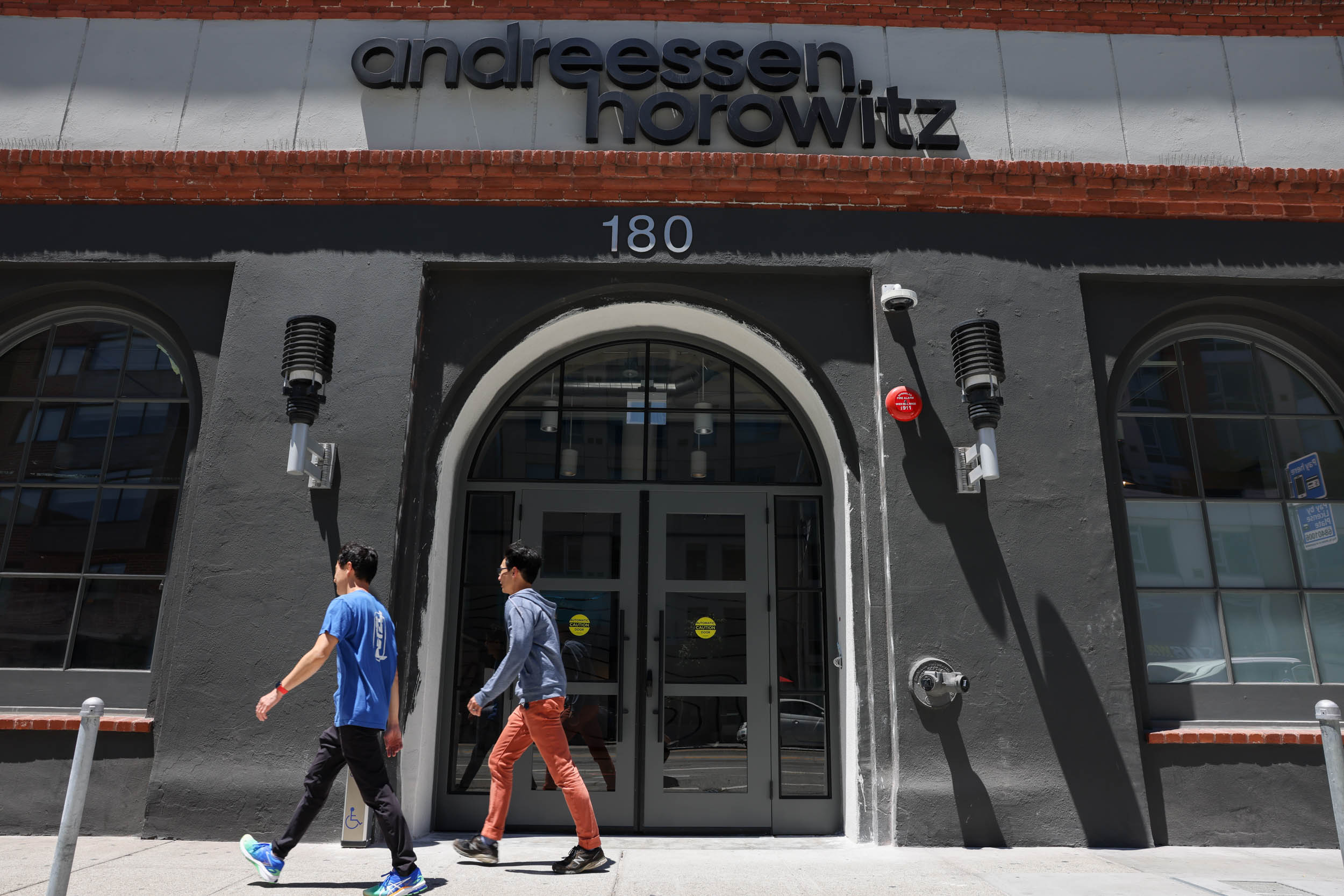Despite rumors of an exodus to Austin and Miami, data released today shows that the San Francisco Bay Area’s position as the beating heart of startups and venture capital remains intact.
Data from startup analytics firm PitchBook covers U.S. venture capital activity through the first half of 2022, and shows Bay Area-based startups commanding almost a quarter of all deals and more than a third of total capital, roughly the same as before Covid and eclipsing all other metro areas. The next biggest metro areas were the New York City, Los Angeles and Boston areas.
“I do think it remains the most important tech hub and will continue to be,” said Kate Clark, a journalist at The Information who has been tracking the Bay Area’s tech post-Covid comeback. “But I also think the future is a bit more decentralized, and that is exciting and a positive.”
Bay Area investors also continued to raise blockbuster funds through the second half of 2022. Those included Andreesen Horowitz, which raised a $4.5 billion cryptocurrency fund—the largest institutional crypto fund to date—and Mary Meeker’s Bond Capital, which raised a $2.5 billion fund in April.
But on a longer timescale, the Bay Area has steadily lost several percentage points of its share of venture capital deals over the past decade. In 2012, the Bay Area commanded 25% of deals, compared to 22% in the first half of 2022. In contrast, in 2012 New York City and Los Angeles Areas saw 12% and 7% of the total deals, versus 15% and 9% in the first half of 2022. Other areas that have lost venture capital deal share in the past decade are Washington, D.C., and the greater Boston area. And Austin hasn’t seen significant growth during Covid or over the past decade, despite being hyped as a welcoming place for techies, due to its low taxes and vibrant culture.
The Miami area, which some venture capitalists have hyped on as the next Silicon Valley, only accounted for 2.5% of all VC deals in the first half of 2022, though that was up 32% from 2021.
Amit Mukherjee, a venture capitalist who moved to New York City during Covid to start a crypto fund named Chainforest, said he thinks future tech hubs will be outside the Bay Area.
“New York, LA and Miami are now the primary choices for an ambitious college grad now,” he said, citing cost of living and culture.
And even if the Bay Area commands a large percentage of funding deals, it doesn’t necessarily mean its cities and small businesses will benefit from it due to the rise of remote work in the tech sector.
“A lot of companies are headquartered here, but in this day and age what does that really mean? The founder could be based in Jackson Hole,” Clark said. “Just because they have a legal document does not mean they have employees here.”
